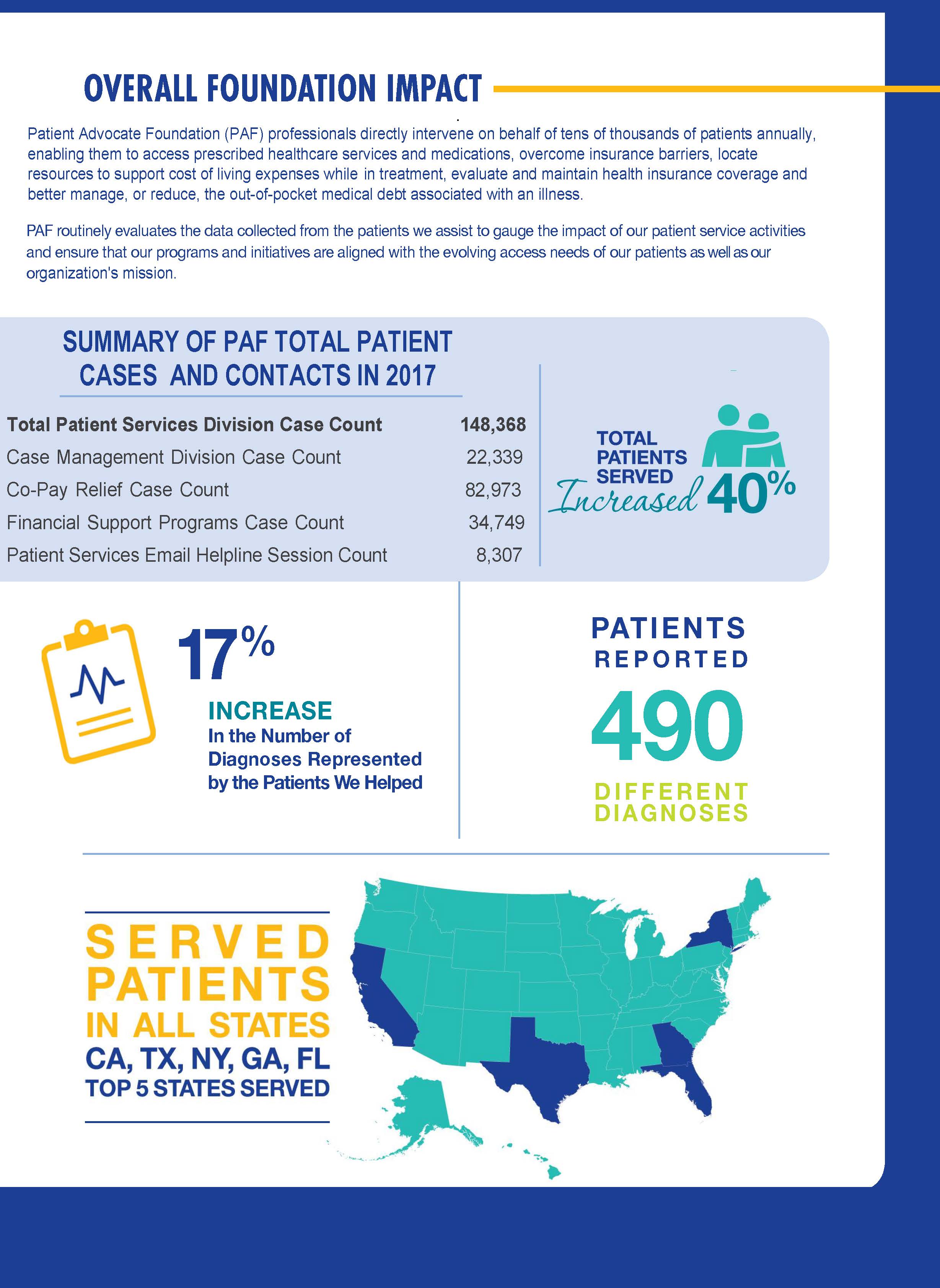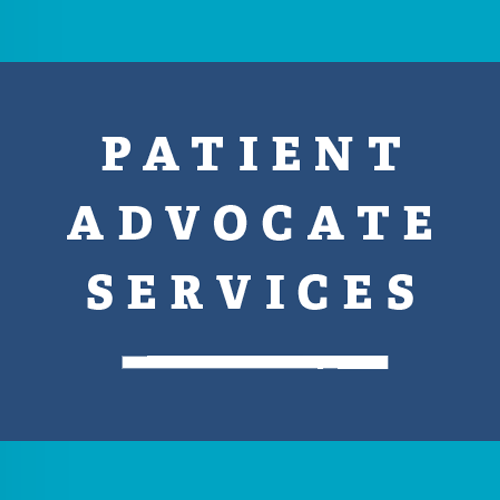

How much resistance or apathy are you facing?

There might be a tendency not to feel personally connected to what it is you and David Vetter’s mom and other Texans are trying to push here. The nature of a rare disease is that so few people have it. And we hope legislation is filed soon, and we would just urge our Texas legislators to support that in addition to the copay accumulator legislation. You know, I mentioned that 24 states already have them, but this is what was kind of key what we were just talking about with copay accumulator issues, introducing this valuable perspective – it can help prevent programs and policies like the one we just discussed from taking hold and causing harm to patients with rare diseases. And what they do is they offer people with rare diseases a voice in state government by advising policymakers on critical issues related to health care access, to insurance coverage, to specialized treatments. They’re comprised of state health department officials, rare disease patients and caregivers, health care providers, even health care industry representatives. What about the Rare Disease Advisory Council? I understand other states have something similar? And it creates a significant financial barrier. When you have a rare condition, your treatment can be expensive, and when your copay assistance doesn’t count towards your out-of-pocket maximums or deductibles, you can think you have met that, but not.

So it really kind of allows insurers to get paid twice, and it can leave patients with an unexpected payment due on essential, often costly medications when their assistance runs out. What would that copay accumulator bill do exactly?Ĭopay accumulator policies don’t allow copay assistance that patients rely on from either nonprofits or pharmaceutical manufacturers to count towards their annual deductible or their out-of-pocket maximum. And we are excited that there is a copay accumulator bill that is before the Texas Legislature now. And that was copay accumulators as well as establishing Rare Disease Advisory Councils. We were talking to them about issues important to people with rare conditions, especially as we are on Rare Disease Day. It was an amazing experience to walk the halls of the Capitol and let Carol Ann Demaret, who is the mother of David Vetter, share her story and those of others who are affected by primary immune deficiency, in particular, SCID, as David had. When you went to the Capitol last week with Vetter’s mother, what was your message to lawmakers? This transcript has been edited lightly for clarity: Listen to the interview above or read the transcript below. Vetter’s mother returned to Texas last week to accompany Immune Deficiency Foundation President and CEO Jorey Berry to the state Capitol, where they met with lawmakers to advocate for changes that would help people with rare diseases like Vetter had.īerry spoke with the Texas Standard about the importance of these efforts. Despite efforts to help him, he died at the age of 12. For protection, he lived his life in a plastic enclosure. Vetter, born in Houston in 1971, had Severe Combined Immune Deficiency (SCID) – which meant any exposure to harmful germs could be deadly.
PATIENT ADVOCATE FOUNDATION COPAY RELIEF WIKI MOVIE
If, when you think of “the boy in the bubble,” you think of the mid-1970s movie starring John Travolta, you are likely not alone.īut Carol Ann Demaret doesn’t want people to forget that the movie was based in part on the real-life experiences of her son, David Vetter.


 0 kommentar(er)
0 kommentar(er)
